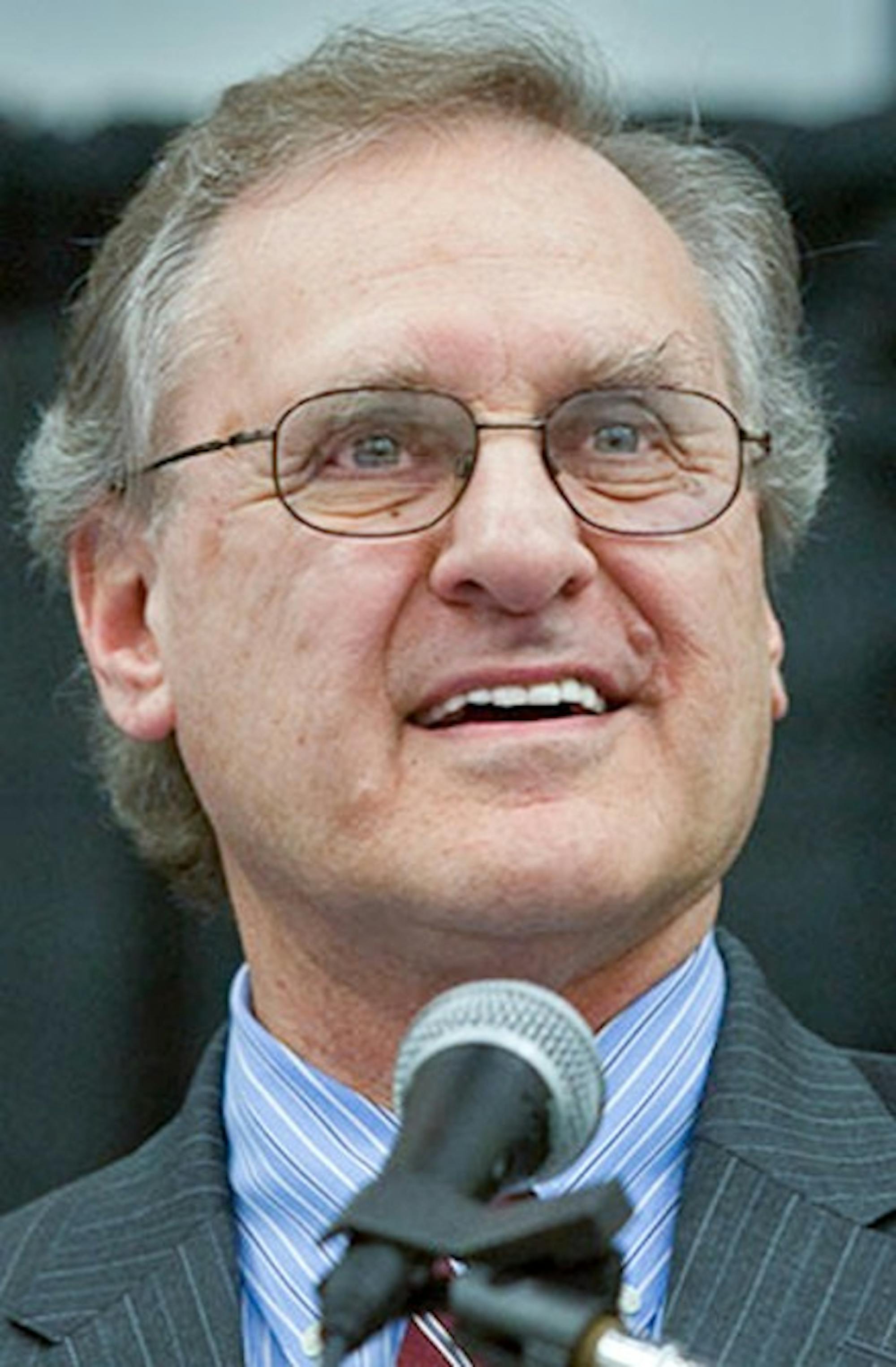"I was thrilled to have been selected," Lewis said. "I haven't spoken to graduates in the United States. Dartmouth is an exceptional and leading institution and I feel quite privileged."
He hopes to encourage students to "care about what is happening in the world," he said, especially in the developing world.
"The world at this moment in time desperately needs graduates people entering the world beyond the university to give their contribution to social justice, fairness and equity," he said.
Lewis said that he enjoys speaking to graduates because of the potential they have to use their education to address critical issues such as gender equality, disease, poverty and injustice.
"These are the things I feel most deeply about in life and so there will be some expression of this within my speech," he said.
In his speech, Lewis will include stories from his international experience working as an envoy to Africa.
"It will be personal in terms of the views I express," he said. "It's not going to be a speech that is neutral, that is without opinion. It will be a speech of strong views."
Lewis was a good choice for commencement speaker and will bring a unique international perspective to the graduation address, Ben Campbell '10 said.
"His perspective resonates with the work [College President Jim Yong Kim] has done during his first year, especially around issues with HIV/AIDS," he said. "Considering [Lewis has] played a critical role in combating the most significant epidemic of our era, I think he will bring a unique global experience although I don't know what exactly he will focus on in his speech."
Campbell said he heard that Lewis is a great speaker who is "charismatic and explosive."
Joey Dang '10 said that he had hoped that this year's commencement speaker would be more "high profile."
"It would be more exciting," Dang said. "I think the speech will be good though."
Lewis worked closely with Kim during his five-year tenure as UN Special Envoy for HIV/AIDS to Africa, according to Lewis.
"It was a really great experience to watch him at work because he is a brilliant and inspirational fellow," Lewis said "He was a real force on the international scene."
As a professor of global health at McMaster University in Hamilton, Canada, Lewis is "probably the most-loved professor" in the department due to his compassion and his attention to detail, according to department chair Gavin Andrews.
"The students loved him because he was very modest," Andrews said. "He never talked to the students in a condescending way. He never made them feel that he had more experience than them."
Andrews said that Lewis inspires fellow professors in the department to think more critically about their own research.
"It was the Stephen Lewis effect just his presence was inspirational," he said.
Lewis currently serves as the chair of the board of directors of the Stephen Lewis Foundation, which supports community-based organizations that combat the spread of HIV/AIDS in Africa.
Lewis worked as deputy executive director of the United Nations Children's Fund from 1995 to 1999, and in 1997 was appointed by the Organization of African Unity to the Panel of Eminent Personalities to Investigate the Genocide in Rwanda. He also coordinated the 1993 international study on the "Consequences of Armed Conflict on Children."
Prior to his work in global health, Lewis served as Canadian Ambassador to the United Nations from 1984 to 1988. He was also involved in politics as the leader of the Ontario New Democratic Party from 1970 to 1978.
Lewis also co-founded and serves as the co-director of AIDS-Free World, an international advocacy organization that works to promote more urgent and more effective global responses to HIV/AIDS. In 2005, Lewis wrote a book, "Race Against Time," which describes his experience with HIV/AIDS in Africa and his opinions about the international community's response.
This year's commencement speakers at peer institutions include former U.S. President Bill Clinton at Yale University, ABC News anchor Charles Gibson at Princeton University, Denver mayor and Colorado gubernatorial candidate John Hickenlooper at Brown University, Speaker of the House Nancy Pelosi, D-Calif., at Cornell University, retired U.S. Supreme Court Justice David Souter at Harvard University and U.S. Ambassador to China Jon Huntsman at the University of Pennsylvania.




